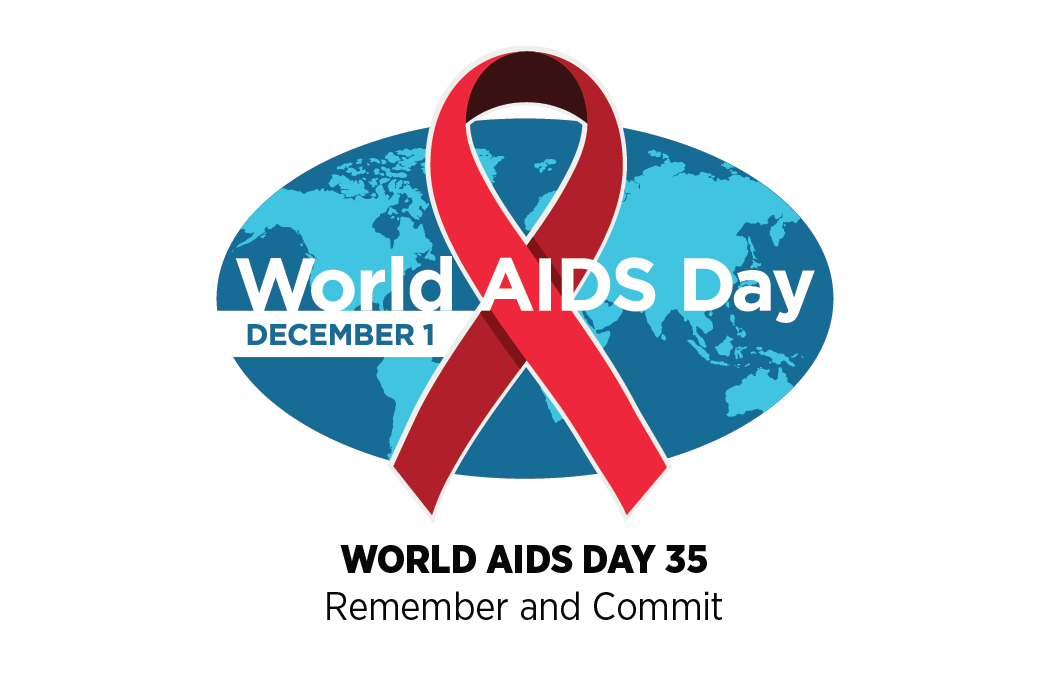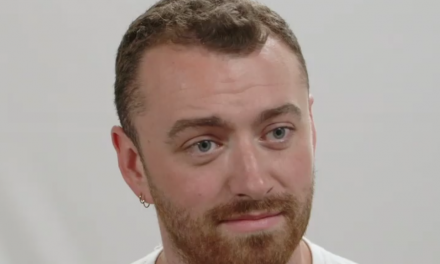(Photo Credits: HIV.gov)
Every year on December 1st, people around the world come together to observe World AIDS Day. This day serves as a crucial reminder of the ongoing battle against HIV/AIDS, as well as an opportunity to raise awareness, show support for those affected, and remember those who have lost their lives to the disease. Since its inception in 1988, World AIDS Day has played a pivotal role in fostering solidarity and advocating for increased efforts to combat the spread of HIV and provide care for those living with AIDS.
The Global Impact of HIV/AIDS:
HIV/AIDS remains a significant global health challenge, affecting millions of people across the continents. According to UNAIDS, approximately 39 million people were living with HIV worldwide in 2022. Despite considerable progress in understanding the virus, developing treatment options, and improving access to healthcare, the fight against HIV/AIDS is far from over. For more information, read here.
The theme for 2023:
Each year, World AIDS Day is centered around a specific theme to address the evolving challenges of the epidemic. The theme for 2023 is “World AIDS Day 35: Remember and Commit.” The theme is “an opportunity to reflect on the progress we have collectively made with partners and to commit to the actions needed to end HIV/AIDS as a public health threat by 2030.”
Addressing Stigma and Discrimination:
Stigma and discrimination continue to be significant barriers in the fight against HIV/AIDS. World AIDS Day provides an opportunity to challenge misconceptions, educate communities, and promote understanding. By addressing stigma, we can encourage more people to get tested, seek treatment, and live healthy lives without fear of judgment.
Progress in HIV Prevention and Treatment:
In recent years, advancements in HIV prevention and treatment have been significant. Pre-exposure prophylaxis (PrEP) has proven effective in reducing the risk of HIV transmission, providing a powerful tool for prevention. Antiretroviral therapy (ART) has also improved, allowing individuals with HIV to lead healthy lives by controlling the virus and preventing the progression to AIDS.
The Role of Education and Awareness:
Education is a key component in the fight against HIV/AIDS. World AIDS Day events often include educational initiatives aimed at dispelling myths, promoting safe practices, and encouraging regular testing. Knowledge empowers individuals to protect themselves and others, fostering a culture of prevention.
Community Involvement and Support:
Communities play a crucial role in the response to HIV/AIDS. World AIDS Day serves as a catalyst for community engagement, encouraging people to support those affected by the virus, advocate for policy changes, and participate in local initiatives. Solidarity and understanding are vital in building a world where everyone has access to proper healthcare and support.
The Road Ahead:
As we mark the 35th World AIDS Day, it is essential to reflect on the progress made and acknowledge the work that lies ahead. Ending the HIV/AIDS epidemic requires a collective effort, involving governments, healthcare providers, communities, and individuals worldwide. By promoting education, reducing stigma, and ensuring access to testing and treatment, we can move closer to the goal of an AIDS-free generation.
World AIDS Day is a time to unite, reflect, and take action. It serves as a global reminder that the fight against HIV/AIDS is ongoing and requires sustained commitment. By fostering awareness, challenging stigma, and advocating for comprehensive healthcare, we can contribute to a world where everyone, regardless of their HIV status, can lead a healthy and fulfilling life. Together, we can end inequalities, end AIDS, and end pandemics.










Disease like War does not discriminate
Some die; some live.
It isn’t a question of fairness but reality. Life intrudes and take much away.
You accept what is and you remember what was and you live in-between!
We all die…just some do not die well.
Be at Peace – everyone – with yourselves and The World.
The disease has nothing to worry about when it comes to its eradication. Hookups between random individuals (LGTBQ+ and Heterosexual) having unsafe sex will keep it flourishing.